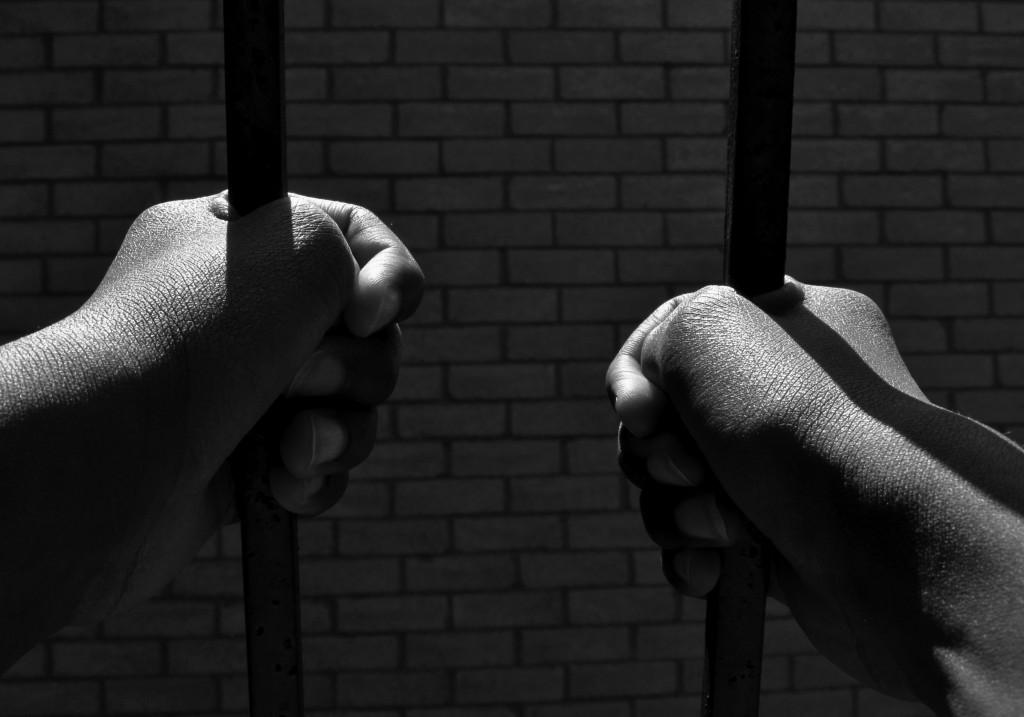“Let kids be kids,” the old saying goes. Fair enough, but what happens when the kid in question is a confessed murderer?
On Oct. 11, Tristen Kurilla, a 10-year-old boy from Wayne County, Pennsylvania was visiting his grandfather, the caretaker of 90-year-old Helen Novak. When Kurilla, who his mother describes as having “mental difficulties,” went into Novak’s room to ask her a question, the woman allegedly yelled at him.
According to the affidavit, Kurilla then grabbed a cane, wrapped it around Novak’s throat and pulled her down on the bed, holding it on her throat and punching her repeatedly, killing her. Now, Kurilla sits in solitary confinement in Wayne County Correctional Facility, comforted only by the coloring books the prison guards had given him.
It may seem unorthodox for a 10 year old to be in an adult correctional facility, but in the Commonwealth of Pennsylvania, the charge of homicide is specifically excluded from the juvenile act. This is unusual in the United States; aside from Pennsylvania, the only other state that shares this law is Florida. Because of Pennsylvania’s lack of recognition of age in murder cases, the boy was charged as an adult with criminal homicide and aggravated assault. With Kurilla’s imprisonment, debate is swirling about whether or not the exclusion of murder from the laws of juvenile crime is ethical.
“It’s ridiculous. The idea of prescribing criminal responsibility to a 10 year old defies all logic,” Marsha Levick, deputy director and chief counsel of the Juvenile Law Center, told CBS 48 Hours’ Crimesider. “The Supreme Court has recognized that teens and adolescents hold lesser culpability. Their brains are obviously still developing, and they’re developmentally immature. Multiply that for a 10 year old.”
Statistics from the JLC paint a grim picture for juveniles who are tried and convicted as adults. Compared to juveniles in youth facilities, juveniles imprisoned in adult facilities are twice as likely to report being beaten by prison staff, 50 percent more likely to be assaulted with a weapon while imprisoned, 36 times more likely to commit suicide and 32 percent more likely to commit another crime after release.
Under the leadership of Massachusetts Gov. Deval Patrick, the Commonwealth has seen significant reforms to its juvenile conviction laws. In Sept. 2013, Patrick signed a law specifying that 17-year-olds, who were formerly regarded as adults, be treated as juveniles in the Massachusetts criminal justice system. And in June 2014, the Massachusetts House of Representatives passed a bill stipulating that juveniles convicted of first-degree murder are eligible for parole after serving between 20 to 30 years of jail time.
These reforms came in the wake of a variety of juvenile convictions deemed unfair by many residents of Massachusetts. In 2010, special-needs student John Odgren of Woburn was sentenced to life in prison without parole after fatally stabbing a classmate when he was 16. In August 2014, an Essex Superior Court judge insisted Philip Chism, of Danvers, who was accused of raping and murdering his teacher when he was 14, be tried as an adult.
Despite these reforms in Massachusetts’ juvenile conviction system, even 18 may be too young of an age to be considered an adult in the criminal justice system. New studies point to brain development ending around the age of 25, child psychologist Laverne Antrobus of London’s Tavistock Clinic told the BBC in 2013.
“Neuroscience has made these massive advances where we now don’t think that things just stop at a certain age, that actually there’s evidence of brain development well into early 20s and that actually the time at which things stop is much later than we first thought,” Antrobus said.
Now, we go back to Kurilla. If brains are still developing well past 20, Kurilla is not even halfway close to reaching his full cognitive development. Sure, it’s incredibly disturbing that a 10 year old is capable of murdering someone, but children such as Kurilla are likely better off in psychological facilities, not in juvenile or adult detention centers. As for the gray area of teenagers convicted of murder, which in Pennsylvania, would make them adults, maybe it’s time to call them kids.
It’s difficult to draw a hard line of age in murder cases, which often differ on a case-by-case basis. The 16-year-old convicted killer may psychologically be more mature than the 17 year old who committed the same crime. However, a just legal system requires an age standard, and if people are going to make the brain development argument, maybe it’s time to adjust that age line to something closer to 25.























































































































Leopold • Nov 3, 2014 at 6:28 am
To play devil’s advocate, these accused are not accused of manslaughter. Manslaughter is action so reckless that it causes the death of another person unintentionally. You can understand a teenager not thinking through the consequences of their actions and causing an unintentional death. In that case, Pennsylvania allows the offender to be tried as a juvenile (they are charged with manslaughter, not murder).
But these youthful offenders have crossed a line that the overwhelming majority of our peers have not crossed: they have deliberately set out to kill someone, and succeeded.
While victims of theft or other crimes can get on with their lives, a victim of murder never can. In the case of Phil Chism, the alleged killer reportedly has tried to kill a staffer at the detention center where he is staying. Coincidence that this one person has both a murder charge and an attempted murder charge against him? Not at all. Experience shows that previous offenders are the ones most likely to offend again. We owe it to society to protect everyone from killers, no matter their age.